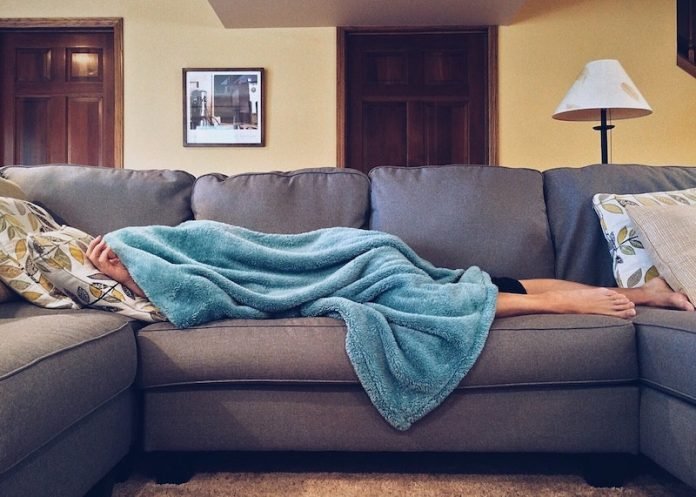
In a study from the University of Oslo, researchers found that nearly half of heart disease patients have insomnia.
The findings suggest that heart patients should be assessed for insomnia and offered appropriate management.
Sleep problems are linked to mental health issues, but this study found that insomnia was still significantly associated with heart events even after accounting for symptoms of anxiety and depression.
In the study, researchers examined 1,068 consecutive patients an average of 16 months after a heart attack and/or a procedure to open blocked arteries (stent implantation or bypass surgery).
Patients were followed for major adverse cardiovascular events (MACE), defined as cardiovascular death, hospitalization due to heart attack, revascularization, stroke, or heart failure.
The team found that compared to those without insomnia, the relative risk of recurrent heart events in patients with insomnia was 1.62 after adjusting for age and sex, 1.49 after additional adjustment for coronary risk factors, and 1.48 after also adjusting for co-existing conditions.
The association between insomnia and recurrent heart events remained strong when symptoms of anxiety and depression were also adjusted for, with a relative risk of 1.41.
Insomnia accounted for 16% of recurrent heart events in attributable risk fraction analyses, being third in importance after smoking (27%) and low physical activity (21%).
This means that 16% of recurrent major adverse cardiovascular events might have been avoided if none of the participants had insomnia.
The study suggests that insomnia is common in heart disease patients and is linked with subsequent heart problems regardless of risk factors, co-existing health conditions, and symptoms of mental health.
Further research is needed to examine whether insomnia treatments such as cognitive behavioral therapy are effective in this patient group.
If you care about sleep, please read studies about the science on 3 traditional bedtime remedies, and this tea may help you lose weight during sleep.
For more information about sleep, please see recent studies that sleep can maximize vaccine effectiveness, and results showing this sleep supplement may help prevent memory loss, cognitive decline.
The study is published in SLEEP Advances and was conducted by Lars Frojd et al.
Copyright © 2022 Knowridge Science Report. All rights reserved.



